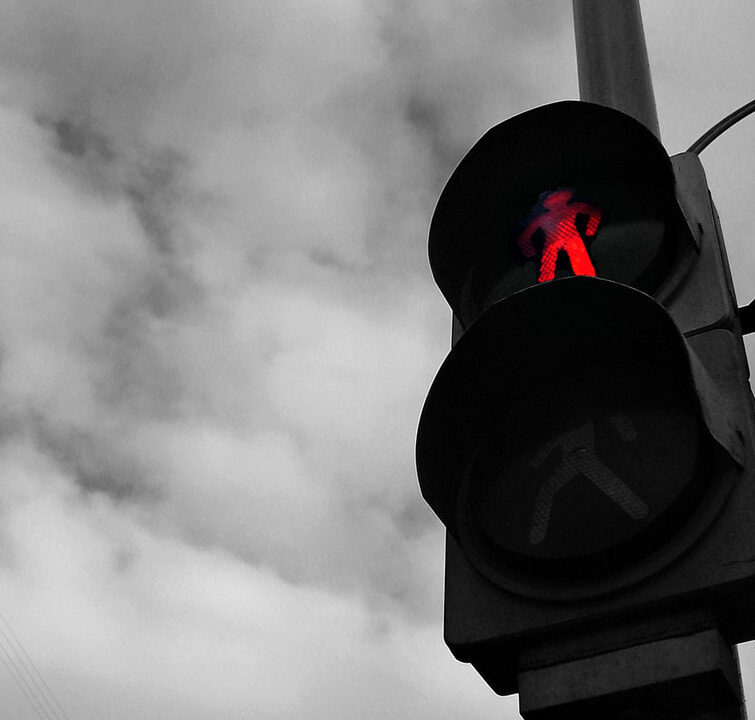
Download our FREE informative guide for HR professionals and business owners today!
April 12, 2020How we express and respond to the emotion of anger is a result of learned behavior. What we saw our parents do or not do growing up, how they responded or reacted to it, greatly shaped and molded our perception and reaction to the emotion. As children, we are impressionable, we grasp what we are hearing and seeing in our environment. Anger is not a subject we learn or speak about in school, yet it’s a subject that later in life, will impact our lives greatly. Whether we internalize it or externalize it; it will change the dynamic of our interactions and experience with others.
As a result of anger never being a subject of conversation in our home and our school environments growing up, it gained momentum as it being a “bad emotion”.
Anger is not bad, not understanding it and utilizing our behavior to express it, is what becomes unhealthy. Anger is a useful tool that helps us gauge if our relationships are becoming unhealthy or if our decisions are making a negative impact on our happiness. Anger is a signal to ourselves that our needs are not being met, that they are being violated. Anger can also be alerting us that we are unhappy with our current environment and that a change must be made. If we understand anger and learn to use it efficiently, it can greatly improve our relationships and our future.
that our needs are not being met, that they are being violated. Anger can also be alerting us that we are unhappy with our current environment and that a change must be made. If we understand anger and learn to use it efficiently, it can greatly improve our relationships and our future.



